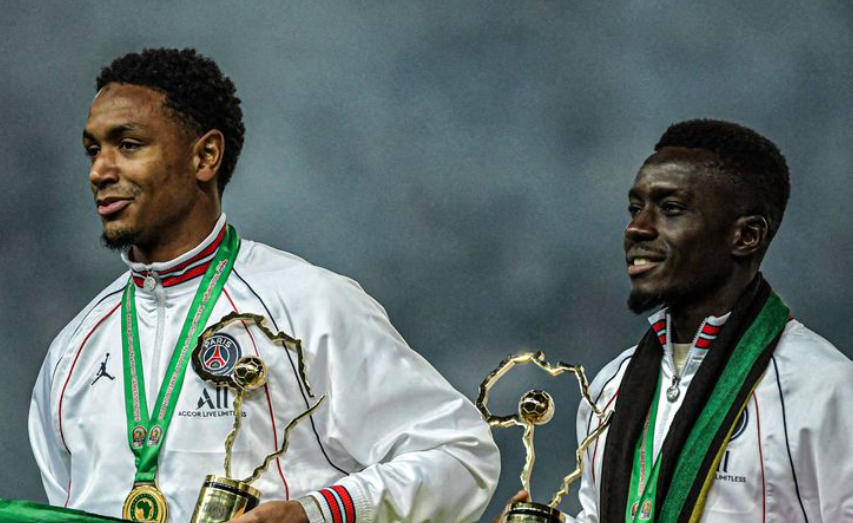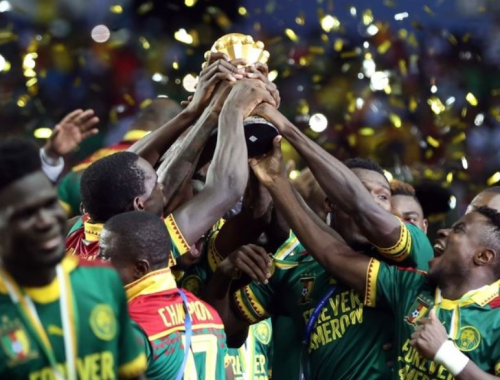
Can an African Nation Win the World Cup by 2030?
For decades, the idea of an African nation lifting the FIFA World Cup seemed like a distant dream — a powerful yet elusive symbol of continental potential. But after Morocco’s stunning semifinal run in 2022, Senegal’s golden generation, and Côte d’Ivoire’s renaissance, that dream no longer feels far-fetched. The question today is no longer if, but when. Could it happen as soon as 2030?
To answer that, we must explore not just form and talent, but infrastructure, coaching, mental strength, and the evolution of African football identity.
The Momentum Is Real
Africa has always produced world-class talent — from George Weah and Samuel Eto’o to Mohamed Salah and Sadio Mané. But until recently, individual brilliance often existed in isolation from collective performance. That’s changing fast.
The 2022 World Cup was the turning point. Morocco’s tactical discipline, emotional unity, and European-savvy squad proved that African teams no longer need to “surprise” anyone — they are now contenders by design.
So, can that momentum carry into 2030? Only if it continues to grow in the right areas.

What African Nations Have Now
Africa in 2025 is vastly different from Africa in 2010 — not only in terms of players, but in systems, leadership, and preparation.
Key Strengths Already in Place:
- European-based player cores with tactical awareness
- Improved coaching — many federations now hire African tacticians with UEFA licenses
- Youth academies producing technically trained players (e.g., Génération Foot, Right to Dream, ASEC Mimosas)
- Better team chemistry — built through early integration and diaspora connection
- Fearless mentality — proven against European and South American giants
Unlike previous generations, today’s stars grow up watching football as a science — analyzing, not just admiring.
Challenges That Still Remain
Despite massive progress, real challenges still stand in the way of an African World Cup champion.
Critical Barriers to Overcome:
- Infrastructure Gaps – Many federations still lack elite training centers or medical facilities
- Administrative Instability – Politics, poor planning, and corruption occasionally derail preparation
- Depth of Squad – Injuries can expose limited second options, especially in defense and midfield
- Travel & Fatigue – Long flights, weather shifts, and logistical stress take a toll
- Consistency in Goalkeeping – Still a weak spot for many top African sides
These are not impossible to solve — but they require focus, funding, and patience.
Who Could Actually Win It?
While many nations have potential, a few stand out based on current squad structure, youth development, and tactical maturity.
Top Contenders for 2030:
- Senegal – Already won AFCON (2022), with youth pipeline and elite coaching
- Morocco – Tactical powerhouse with global players and stable federation
- Côte d’Ivoire – AFCON 2024 champions, revitalized under new coaching leadership
- Nigeria – Immense attacking depth; if defense improves, they can shock the world
- Mali/Ghana – Outside contenders, strong U-20 records and growing coaching culture
Add to this the potential of a joint World Cup bid (Morocco, Spain, Portugal for 2030), and the stage becomes even more realistic for a historic African campaign.
The Psychological Shift
Perhaps the biggest evolution isn’t on the pitch — it’s in the mind. African teams no longer step onto the field as hopeful challengers. They carry the swagger of equals. And that belief matters.
They now understand how to manage tournament pressure, grind out tight results, and rotate smartly. In 2030, the psychological edge could make all the difference in a quarterfinal or semifinal.
Conclusion: Is 2030 the Year?
If Africa continues its current trajectory — blending local identity with tactical rigor — 2030 could absolutely be the breakthrough. Talent alone isn’t enough. But with unity, vision, and planning, there’s every reason to believe an African team could lift the trophy within the decade.
And when that happens, it won’t be a surprise. It will be a long-awaited fulfillment.
You May Also Like

Discussing the security measures taken by betting platforms to protect user data
02.09.2023
How to make the most winning soccer bets
10.03.2023
